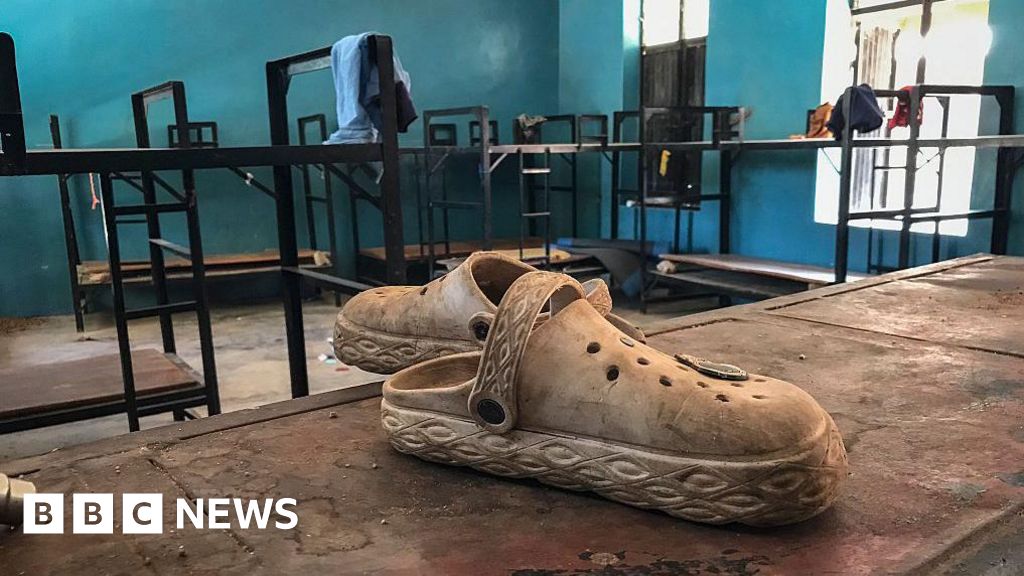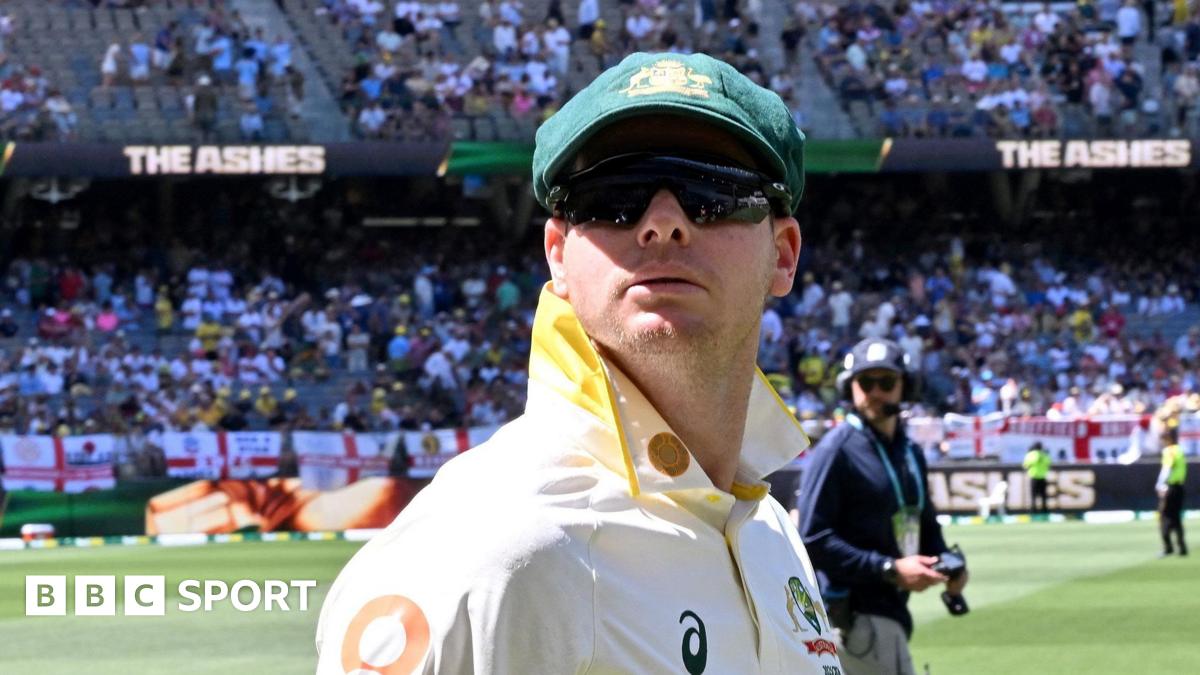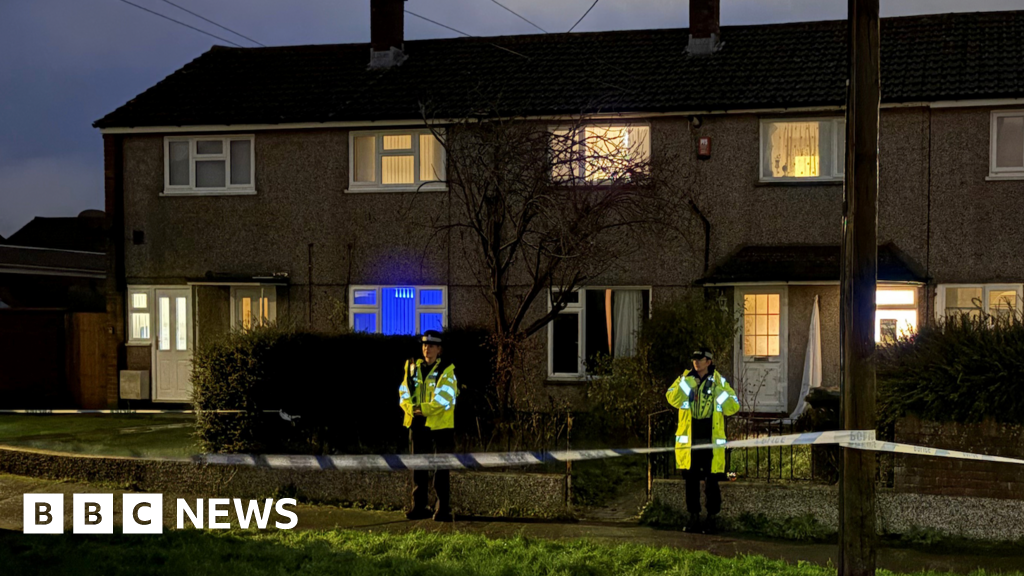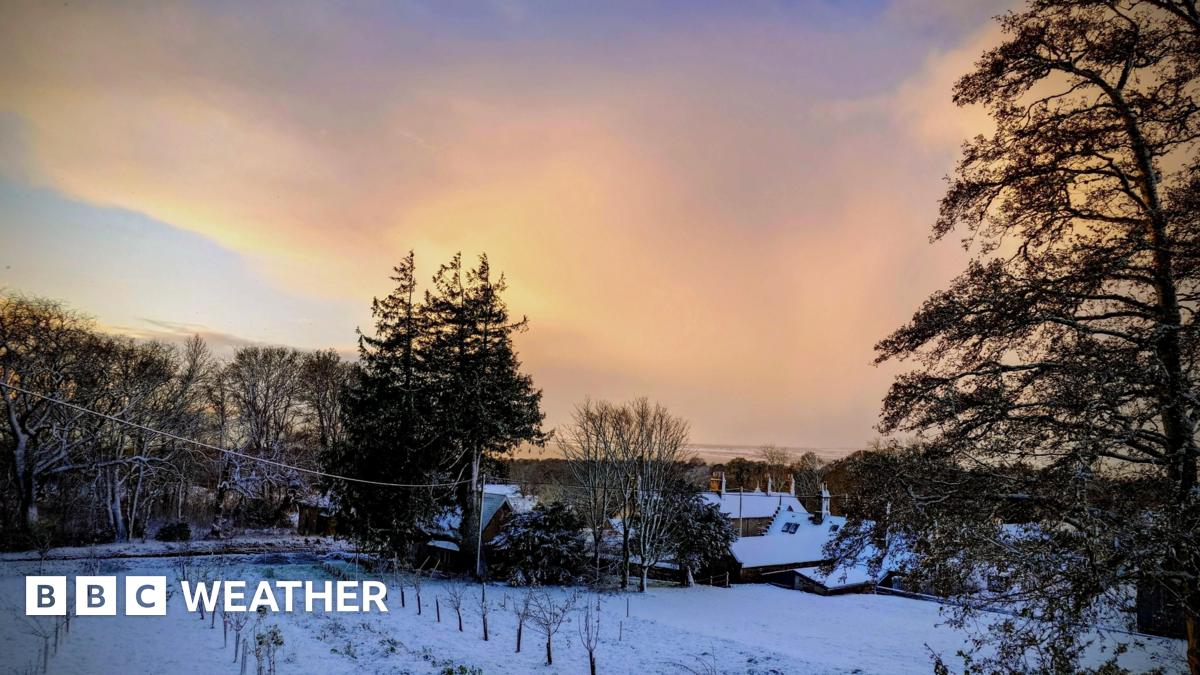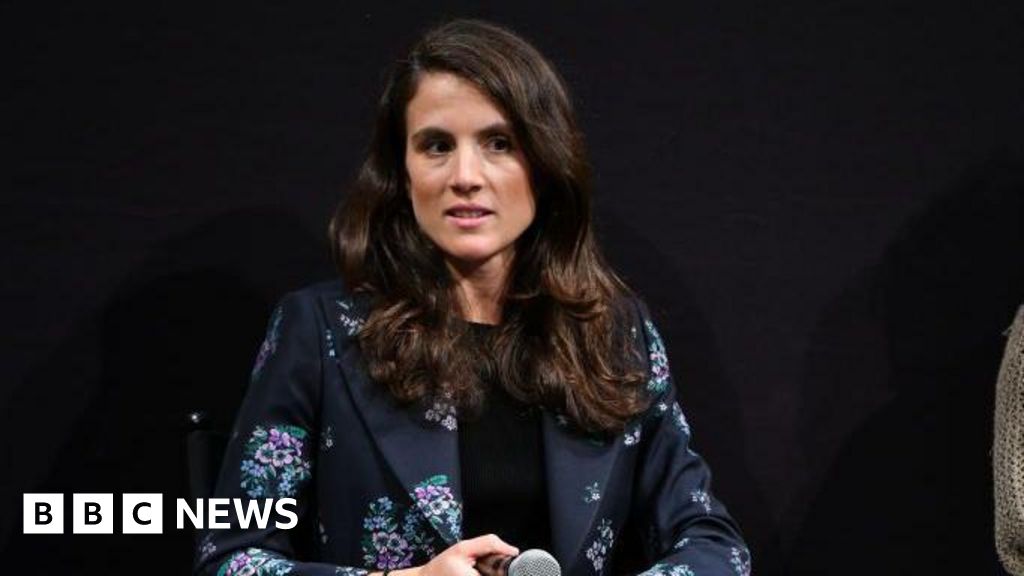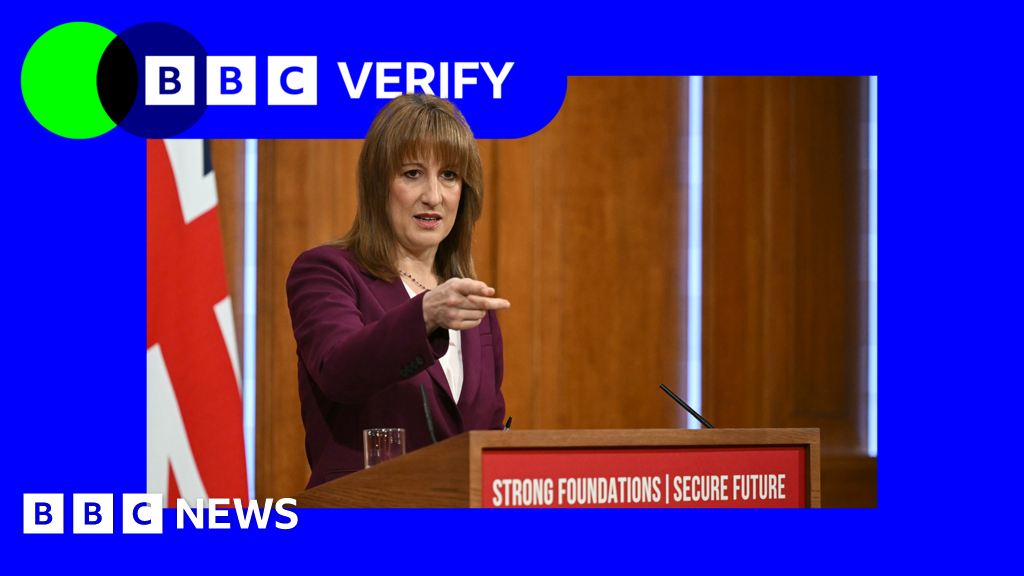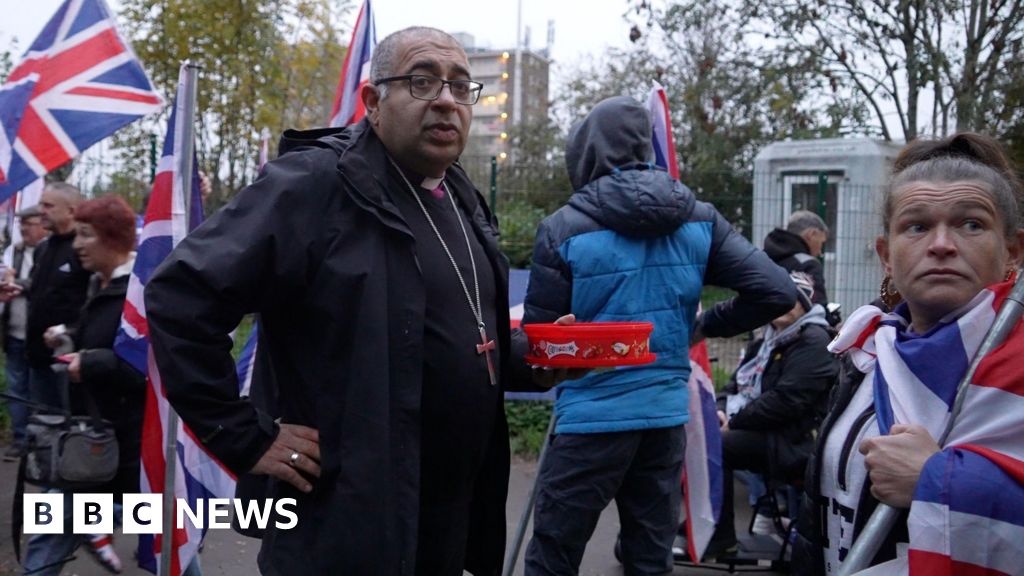Mitchell Labiak
Business reporter, BBC News
Taylor Wimpey's profits have been wiped out by higher-than-expected costs to remove cladding from its buildings in response to the Grenfell fire tragedy.
The company made a loss in the first half of this year after putting aside an extra £222m to fix fire safety defects in homes it has built.
Taylor Wimpey's share price sank early on Wednesday as it also revealed a slow down in sales, with first-time buyers struggling to get on the housing ladder.
The Labour government has made boosting housebuilding a priority, though analysts say private firms are less likely to build due to higher interest rates.
Jennie Daly, Taylor Wimpey chief executive, said that affordability remained "constrained, particularly amongst first-time buyers", but that banks and building societies were still "committed" to lending for mortgages because of demand.
The firm said its UK sales rate for July had fallen compared to the same period last year, while the average sales price for its UK homes had dropped to £313,000 from £317,000.
First-time buyers have struggled to get a foot on the housing ladder since interest rates began rising in 2022, with the average borrowing term for first-time buyers rising to 31 years as they try to keep monthly repayments as low as possible.
As well as a drop in sale prices, Taylor Wimpey also recorded £92m pre-tax loss for the first six months of the year largely due to "exceptional charges" from cladding fixes.
In 2022, large housebuilders agreed to pay to fix cladding problems on homes they had built following pressure from the government and campaigners in the wake of Grenfell.
The fire in the west London tower block killed 72 people in 2017. As part of a refurbishment, combustible cladding and insulation had been fitted on the outside of the building, and in less than 20 minutes the fire climbed 19 storeys to the top of the tower, fuelled by the flammable materials.
An inquiry found all their deaths were avoidable.
Taylor Wimpey, who did not fit the cladding on Grenfell, said "defects" which were not visible before it started fixing some of its buildings with cladding on had pushed up its costs, along with increased construction costs and new fire engineer assessments.
The firm has now put aside £435m in total for cladding remediation work after the £222m rise.
Anthony Codling, an analyst at RBC Capital Markets, said the big increase for Taylor Wimpey could be a "concern for some of the other housebuilders as well", adding that those with a similar style of building may also need to put aside more money for fixes.
"Because if you can't see that this work needs to be done before you start, no-one would have anticipated it," he said.
He predicted Taylor Wimpey's sales rate could pick up if the Bank of England cuts interest rates next week as many economists expect.
"We're hearing that people have got mortgages in place, but they see in the newspapers that rates might be cut, so they're holding off because a mortgage offer lasts six months," he said.
As well as cladding costs, Taylor Wimpey put aside £18m to avoid a regulator's decision on whether it broke competition law.
Earlier this month, Taylor Wimpey and other housebuilders agreed to pay a total of £100m towards affordable housebuilding as part of an agreement with the Competition and Markets Authority (CMA).
It said it would put £15.8m towards affordable homes, with legal fees bringing its total spend on the agreement to £18m.
The watchdog had been investigating whether housebuilders had been swapping information, such as pricing and the incentives offered to buyers such as upgraded kitchens or stamp duty contributions.
The firms have said the payment is not an admission of wrongdoing.

 3 months ago
77
3 months ago
77


